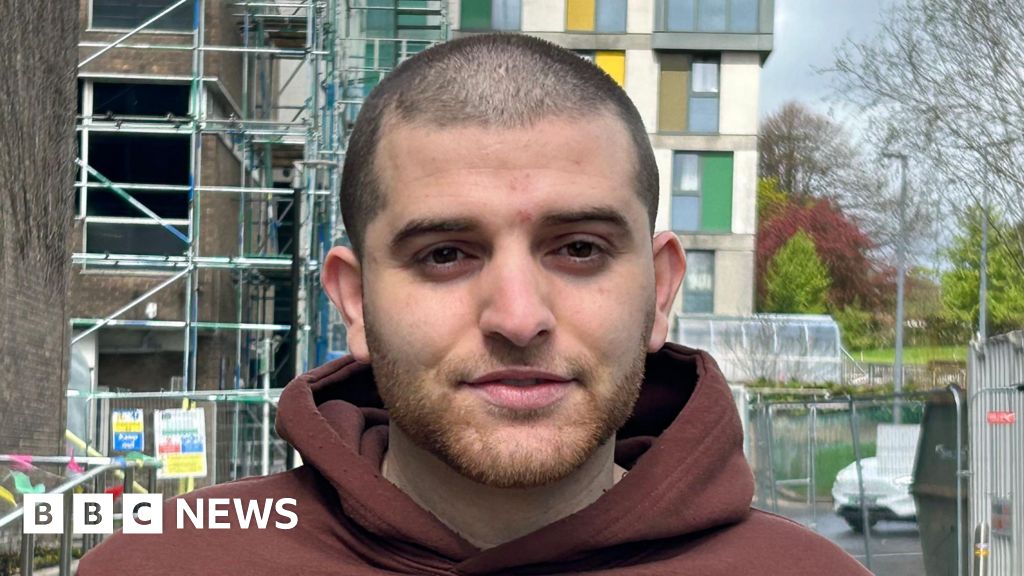ARTICLE AD BOX
By Kevin Peachey
Personal finance correspondent, BBC News
Image source, Getty Images
Budget changes that boost the income of some working people on universal credit come into force from now, the government has announced.
Workers will now take home 8p more of any extra pound earned, owing to a shift in the so-called taper rate.
Chancellor Rishi Sunak said in October's Budget that the change would take effect "within weeks" and no later than December 1.
The policy was announced amid debate over the benefit's suitability.
About two million people will benefit by an average of £1,000 following the move, the government said.
However, the Resolution Foundation think tank calculated that 3.6 million families will remain worse off because the alterations failed to offset the loss of a £20 a week uplift in universal credit provided during the pandemic.
How the changes affect you
Most universal credit claimants lose some of their benefits if they earn more money. The rate at which they lose the benefits is known as the taper rate.
From now, the taper rate is 55%, which means that if you earn an extra pound you lose 55p in benefits.
Previously, the rate was 63%, so workers will now take home 8p more of an extra £1 earned.
Workers with responsibility for children or disabilities that limit their ability to work are allowed to earn a certain amount before they start losing their universal credit, which is called a work allowance.
The work allowances for eligible claimants has also now gone up by £500 a year.
They include two million households which are dependant on benefits and have nobody in work.
Political pressure
Mr Sunak had been under pressure from MPs, including some Conservatives, about the withdrawal in October of the temporary £20-a-week universal credit uplift, and its effect on the finances of financially-stretched families.
In the Budget, he announced the move to reward those who worked and earned more, while still on universal credit.
Rishi Sunak says universal credit is a "hidden tax on work"
The chancellor said on Wednesday: "These changes come into force today and will mean that with Christmas approaching, hard-working families keeping an extra £1,000 a year of what they earn."
The Department for Work and Pensions is encouraging people to check online benefit calculators to work out how their income could be boosted.
The changes mean that an extra 600,000 families, all in work, will become entitled to some universal credit payments, according to economists at the Institute for Fiscal Studies (IFS). That takes the total to seven million, or 26% of working-age families.
The result was that those who were earning a significant income, perhaps even at the level of a higher-rate taxpayer, might still be entitled to some help through universal credit, said Tom Waters, senior research economist at the IFS.
For example, a lone parent with two children and monthly rent of £750 can now earn up to £51,900 a year before losing all of their universal credit entitlement.
"Along with other recent reforms, it means that 2.7 million working households on benefits will be better off than under the 2015 tax and benefit system," said Mr Waters.
"However, 2.1 million will still be worse off as will almost all two million benefit dependent working age households with nobody in work."
The changes to universal credit take effect to a backdrop of the rising cost of living - with the inflation rate expected to peak next year - and tax increases in April.
That would negate any wage rises experienced particularly by middle-income earners. Low-income households would also feel "real pain" as the cost of living is set to increase faster than benefit payments, the IFS has said.

 3 years ago
174
3 years ago
174








 English (US) ·
English (US) ·